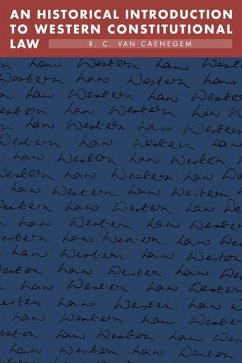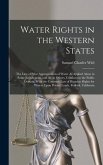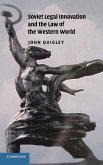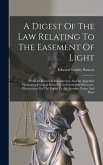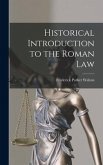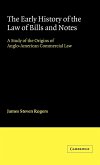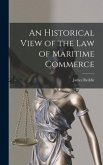The constitutional question is of paramount importance in the political and nationalist agenda of late twentieth-century Europe. Arguments focus on the best form of constitutional organization: democracy versus autocracy, unitary versus federal organization, pluralism versus intolerance, centralism versus regionalism, national sovereignty versus European. Professor van Caenegem's new book addresses these fundamental questions by analysing different models of constitutional government through a historical perspective, assessing why some models were established and others rejected. The book's approach is pragmatic and chronological: constitutionalism is explained not as a paradigm devised by a team of jurists, but as the result of many centuries of trial and error. The narrative begins in the early Middle Ages and concludes with contemporary debates, taking as its focus the main European countries, the United States, and finally the former Soviet Union. Special attention is devoted to the rise of the rule of law, and of constitutional, parliamentary and federal forms of government. The Anglo-American contribution to the ascendancy of present-day liberal democracy is underlined, but the latter's rejection by twentieth-century totalitarian regimes also receives extensive treatment. The epilogue discusses the future of liberal democracy as a universal model.

